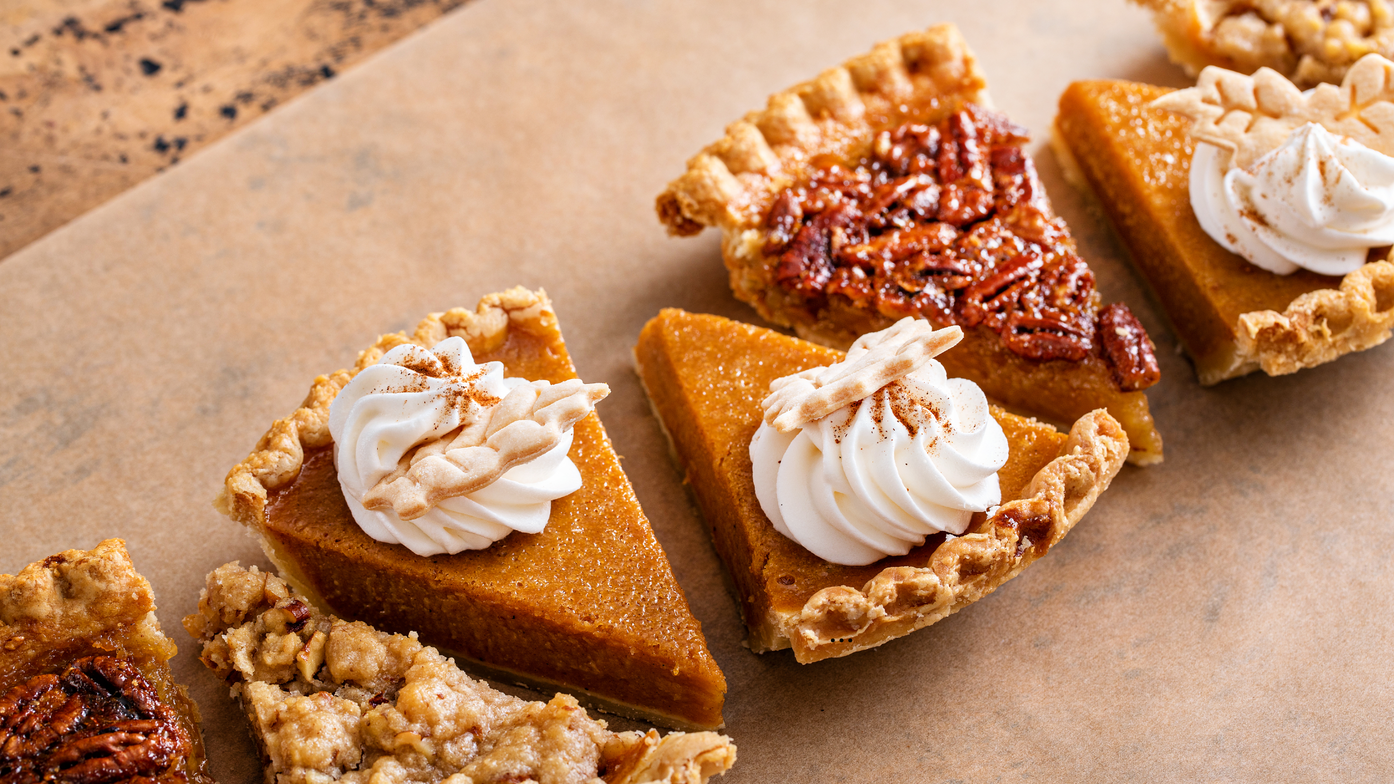
November is a month for giving thanks. As you know, I'm a fan of practicing gratitude all year round, but in November families and communities set aside special time to focus on the bounty and abundance of the earth and to pay special attention to the gifts in our lives. And while I love this focus on giving thanks and being grateful, I also struggle with the ways that celebrating Thanksgiving Day in America has often seemed to glorify colonization and disregarded the impact it had on indigenous people.
Part of my continuing education this past summer was focused on learning more about my indigenous siblings. At the Nebraska Synod Assembly in June, I had the opportunity to participate in a Blanket Exercise Workshop led by Vance Blackfox, ELCA Director for Indigenous Ministries and Tribal Relations. The blanket exercise originated in Canada and is an experiential teaching tool used to help participants learn about indigenous history that most people are not taught in school. Even though I had read about some of this history, the physical representation of the loss of life and loss of land brought the stories home in a very powerful way. For all of us participating, the experience forced us to truly look at difficult events in our history from which we had previously been allowed to maintain a comfortable distance.
Also this summer, I got the chance to attend a social justice conference here in Omaha at Tri Faith. One of the Keynote speakers at that event was Chef Anthony Warrior (he was also one of the caterers!). Chef Warrior is committed to the craft of cooking traditional Native American food as well as teaching about its cultural significance. One of the things that stuck with me from that experience was how it is not only white people that Chef Warrior was educating, but also the indigenous people who have had much of their culture taken from them. So many people were severed from their culture when they were forced from their food sources, their land, and often their families - either by forced relocation, death, or by forcing children into boarding school.
I still have so much to learn about the history and culture of indigenous people as well as the painful history of colonization. As enlightening as these experiences were, they barely scratched the surface. But my learning this summer inspired me to want to learn more and it also inspired me to reimagine how I practice gratitude this November. One new way is by taking the opportunity to give thanks in worship on November 26 with a special service designed to honor indigenous people. The liturgy we will be using is taken from a service that was written by indigenous clergy of the ELCA in partnership with professors of liturgy. It is an opportunity for us to give thanks, to honor our indigenous siblings, and to re-imagine what Thanksgiving means for us.
I hope you will join me on November 26 at 6:30pm for worship with a Celebration Honoring Indigenous People. It is an opportunity to give thanks and praise together, to celebrate and honor our indigenous siblings, and of course there will be time afterwards for fellowship and PIE!! Bring a pie, bring a friend… and together we can continue to learn and grow into the people God has called us to be.

